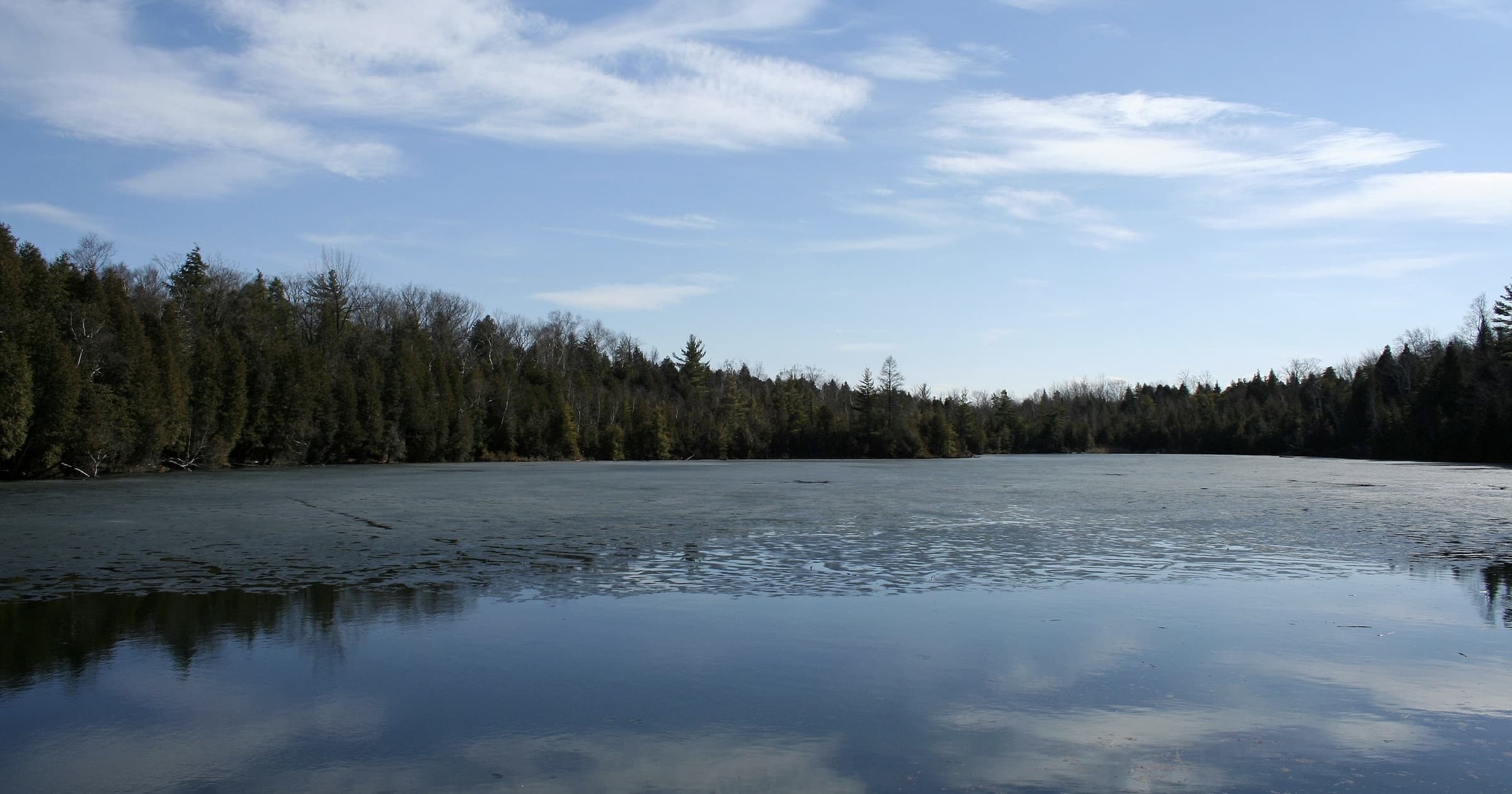 Life Sciences
Life Sciences
 Physics, Earth & Space
Physics, Earth & Space
What’s in a Name? Debating the Anthropocene Epoch

Earlier this month, geologists voted down a proposal to give the years since 1950 a geological name, the Anthropocene Epoch. The vote at the subcommission of the International Commission on Stratigraphy (ICS) was 12 to 4, with 2 abstentions. Thus, the period in which we now live — which started with the end of the last Ice Age, roughly 11,700 years ago — will continue to be called the Holocene Epoch.
Why Does It Matter?
Assigning names to eras is a way of teaching history. That often includes imparting a message or a value judgment. Think “Dark Ages,” for example, or “Golden Age of Jazz.” Such terms are not mere names.
The geologists were asked by peers to rule that the human impact on Earth in the past 75 years has been so great that it should be an epoch all its own. But committee members pointed to the growth of agriculture over the entire Holocene and the Industrial Revolution that began centuries ago. At least one mentioned the impact of colonization over recent centuries.
Humans are accused of hastening the extinction of the mammoth, last noted about 4,000 years ago, and the mastodon, last noted about 10,000 years ago. We are also accused of extinguishing the giant versions of cave bears, sloths, and armadillos as we spread over the globe, which must have had an environmental effect. So why the sudden focus on the last 75 years?
Nuclear Weapons Drove the Demand for Name Change
From New Scientist, we learn that, for some scientists, the spread of nuclear weapons justifies naming a new epoch. Still, for most committee members, the brevity of the period was a deciding factor:
“The time span of the proposed Anthropocene is no more than 75 years — a single human lifetime,” says [Mike] Walker. “This does not fit comfortably into the geological time scale, where units typically span thousands, tens of thousands or millions of years.”
[Simon] Turner and [Colin] Waters disagree with the decision, arguing that there is ample evidence for the Anthropocene: “All these lines of evidence indicate that the Anthropocene, though currently brief, is — we emphasise — of sufficient scale and importance to be represented on the Geological Time Scale.”
CHEN LY, “SURPRISE DECISION NOT TO DEFINE THE ANTHROPOCENE SHOCKS SCIENTISTS, NEW SCIENTIST, MARCH 5, 2024
Of course, if impact rather than duration is the deciding criterion, surely the period of the total extinction of the dinosaurs — which may have taken a similar amount of time — should also have its own epoch name. Currently, the extinction simply marks the end of the Cretaceous Era (145–66 mya), though it is sometimes called the K–T event, to emphasize the role of the asteroid hit.
In any event, a number of scientists were vocal about their disappointment and efforts are underway to get the vote canceled due to “procedural irregularities.”
Some Underlying Issues
The current impetus for the name change stems from the Anthropocene Working Group (AWG),which, last July, found radioactive isotopes dating from the 1950s preserved in the bed of Crawford Lake (pictured above) in a wilderness in southern Ontario, Canada.
But University of Alberta geologist John Weissenberger thinks that the driving force is current angst over the environment:
The concept of the “Anthropocene” is saturated with society’s current angst about the environment and the belief that we are doing irreparable harm to the planet. If this is true, one might argue, then surely we humans have launched a new geological epoch that will forever stain the earth’s geological record. As with many other parts of these debates, however, this one says as much or more about us and our collective psyche than it does about the planet and its natural history.
JOHN WEISSENBERGER, TINKERING WITH TIME: THE CAMPAIGN TO CONJURE UP AN “ANTHROPOCENE” EPOCH, C2C JOURNAL, FEBRUARY 16, 2024
He contends that, far from our profoundly changing the planet, if human civilization were wiped out, it’s not clear how much would even be left to find after a few million years. True, there are lots of humans — but there were lots of dinosaurs too. The fossils we discover are a depressingly small sample.
Thus, he worries, “Some earth scientists on the Anthropocene bandwagon are surely well-intentioned, but others are likely to be chasing potential research dollars that come from supporting ‘societally relevant’ science and have thus been drawn into this politicized enterprise.”
Getting Off the Bandwagon
University of Maryland geographer Erle C. Ellis, a founding member (2009) of the group pushing the new epoch, agrees that the name change is unwarranted but offers a quite different perspective from Weissberger’s. He resigned in 2023 because he thinks that creating a new epoch for every key development understates the effect of human actions:
I resigned because I was convinced that this proposal defined the Anthropocene so narrowly that it would damage broader scientific and public understanding.
By tying the start of the human age to such a recent and devastating event — nuclear fallout — this proposal risked sowing confusion about the deep history of how humans are transforming the Earth, from climate change and biodiversity losses to pollution by plastics and tropical deforestation.
ERLE C. ELLIS, “THE ANTHROPOCENE IS NOT AN EPOCH — BUT THE AGE OF HUMANS IS MOST DEFINITELY UNDERWAY,” THE CONVERSATION, MARCH 5, 2024
Whether Weissenberger or Ellis proves more correct in the long run, today’s reality is that the Anthropocene bandwagon, broadcasting so much cultural vibe, may not run out of gas any time soon. As in some other disciplines today, science had just better not get in the way.
Cross-posted at Mind Matters News.
